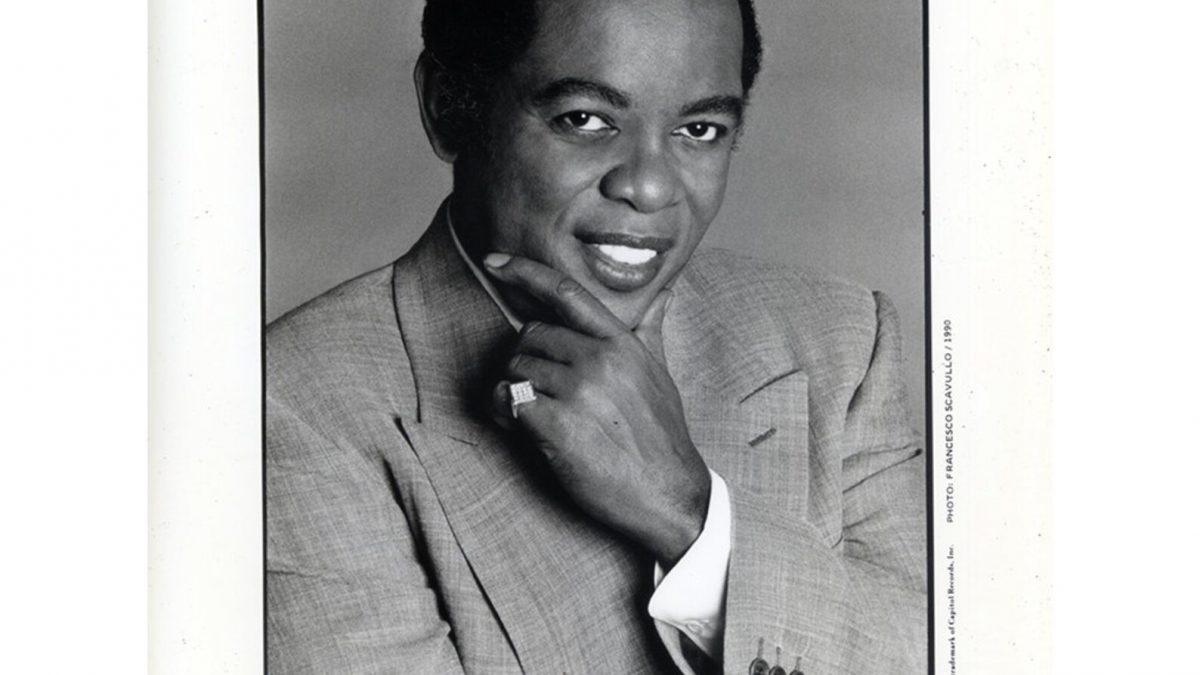
A particular favourite of the Primer, even if some of his material over the years has been less than inspired. An entry in the Primer primarily because of his varied approach rather than seeing it as a potential drawback. Rawls was born in Chicago in 1935, and he has recorded in a variety of styles over the years – jazz, straight pop, Philly soul, flirted with disco and most recently back to the jazz / blues of his early years. Some have said that his performances are devoid of zest but this pre-supposes that all soul has to be delivered in the style of an Otis Redding or James Brown. This is patent nonsense and no-one can deny the the quality and distinctive nature of his wide ranging voice, nor his gospel roots and jazz inflected styling.

Like Sam Cooke, Rawls originally sang in the Soul Stirrers (in 1962, he sang backing vocals on the Cooke hit ‘Bring It On Home To Me’). In 1961, he signed to Capitol Records and many of his earlier recordings were jazz and blues of the highest quality – try “Anthology“, a 2CD retrospective of much of the best from this period. “Spotlight On Lou Rawls” is an excellent single CD alternative covering the same period and which is in this author’s personal collection. By the mid 60s, he had established himself in the pop charts with a succession of fine singles, including ‘Love Is A Hurtin’ Thing‘, ‘Dead End Street‘, ‘Your Good Thing Is About To End‘ and ‘Tobacco Road‘. Most of these tracks can be found on the reasonable, but limited, compilation “Lou Rawls Greatest Hits” issued by Curb Records.
In the early 70s his career went into a little bit of a lull, picking up only when he was signed by Gamble and Huff to the Philadelphia International label. He found success straight away with ‘You’ll Never Find Another Love Like Mine‘, ‘See You When I Get There‘, ‘Lady Love‘ and ‘Let Me Be Good To You‘. There are a number of compilations around which adequately represent this period of Rawls career.
He followed the Gamble and Huff era by returning to his roots and signing with the recently revived Blue Note label. He has since released a series of high quality albums for the label, including “At Last“, “It’s Supposed To Be Fun” and “Portrait Of The Blues“. For me, these prove Rawls to be one of the premier stylists of this or any other era.
Smooth, sophisticated and with a voice to kill for, Rawls isn’t to everyone’s taste. But if classic soul is only about Atlantic, Stax and the like, then count me out. Get “Portrait Of The Blues” (Manhattan 0777 7 99548 2 7), listen to him tackle everything from ‘I Just Want To Make Love To You‘ to the poppy ‘A Lovers Question‘, hear a master singer at work and judge for yourself. Just don’t pay any attention to the usually fair minded Allmusic music encyclopaedia, which states of the “At Last” album and I quote…..
“He’s never deserted either blues or jazz, but Lou Rawls hasn’t always found a receptive audience for these styles at notoriously conservative major labels. That wasn’t the case on this 1989 album, on which Rawls performed straightahead jazz and pre-rock pop or blues, and was backed by an all-star lineup including Ray Charles, Cornell Dupree, Steve Khan, Richard Tee and Dianne Reeves. His voice had an exuberance and fervor (sic) that spoke volumes about how happy he was in the setting.” (©ALLMUSIC)
But apparently it’s only worthy of three stars, as was “Portrait Of The Blues“. “It’s Supposed To Be Fun” only garnered a measly 1½!
Could I respectfully state that whilst every opinion has validity, some are also tinged with a not so subtle shade of bullshit.
